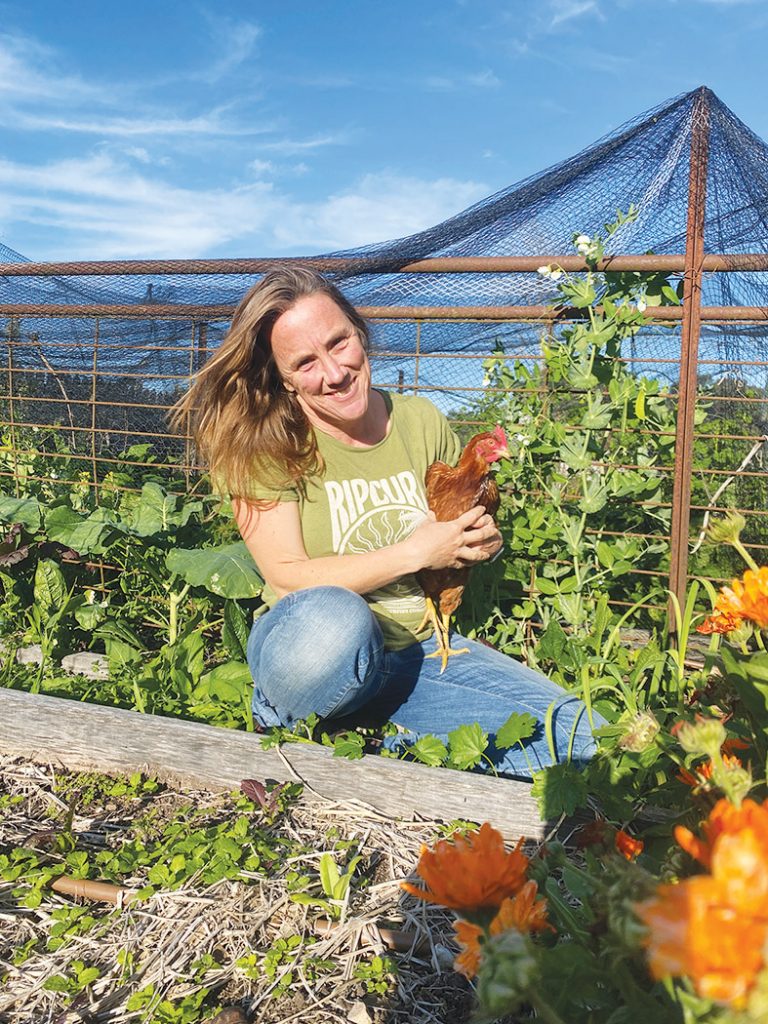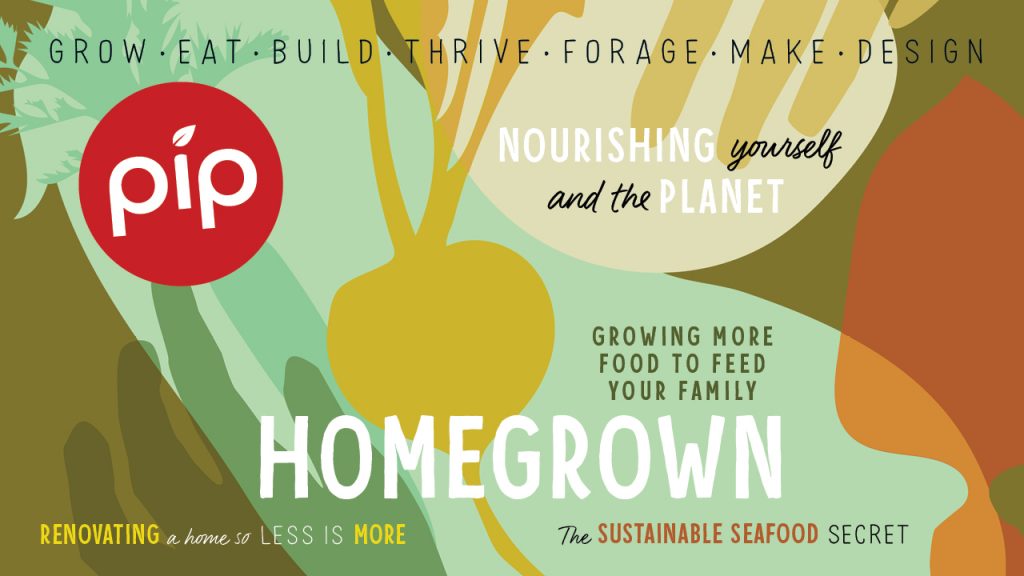
In our summer issue of Pip magazine we share tips and tricks to help you grow enough foodto feed your family, along with ideas for productive garden design, growing edible shadeand what to plant now for summer growth.
We feature a home renovation focusing on simplicity and sustainability, learn how to preserve, ferment and store your garlic and reveal which is the most sustainable seafood. All this alongside our regular features on growing, preserving, seed saving, kids pages and much more
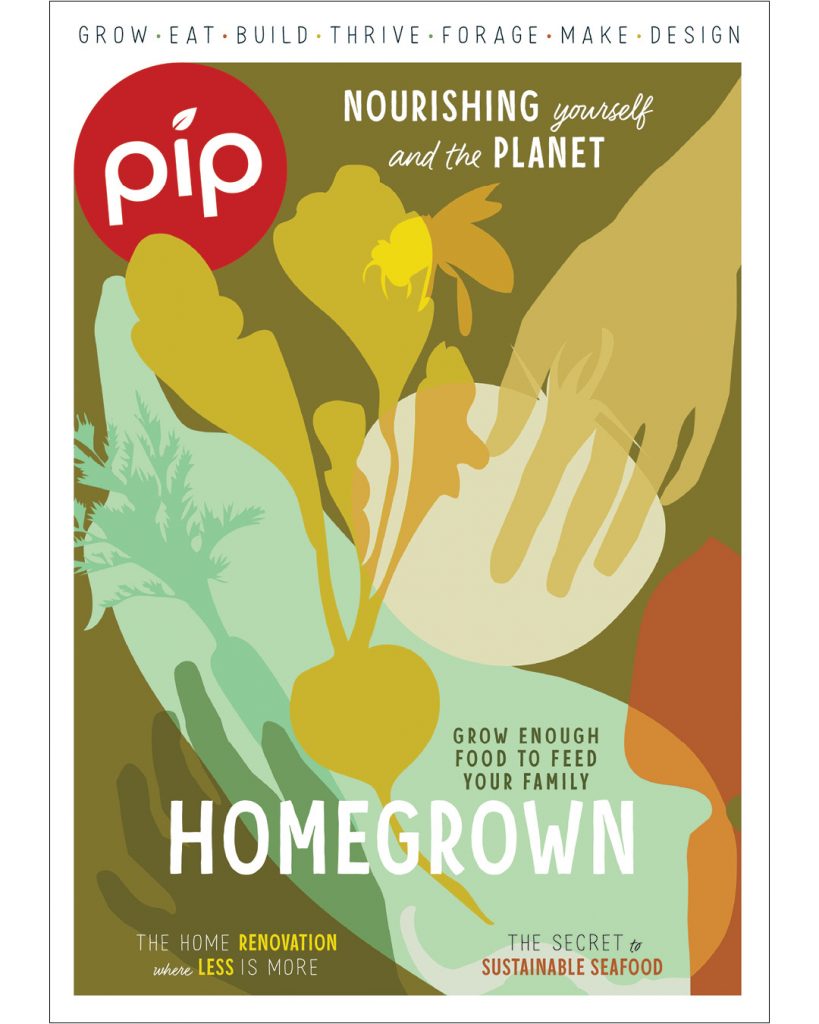
Issue 26 Flipbook
In our new issue you’ll learn how to grow
enough food to feed your family, techniques to preserve garlic by drying, fermenting and more.
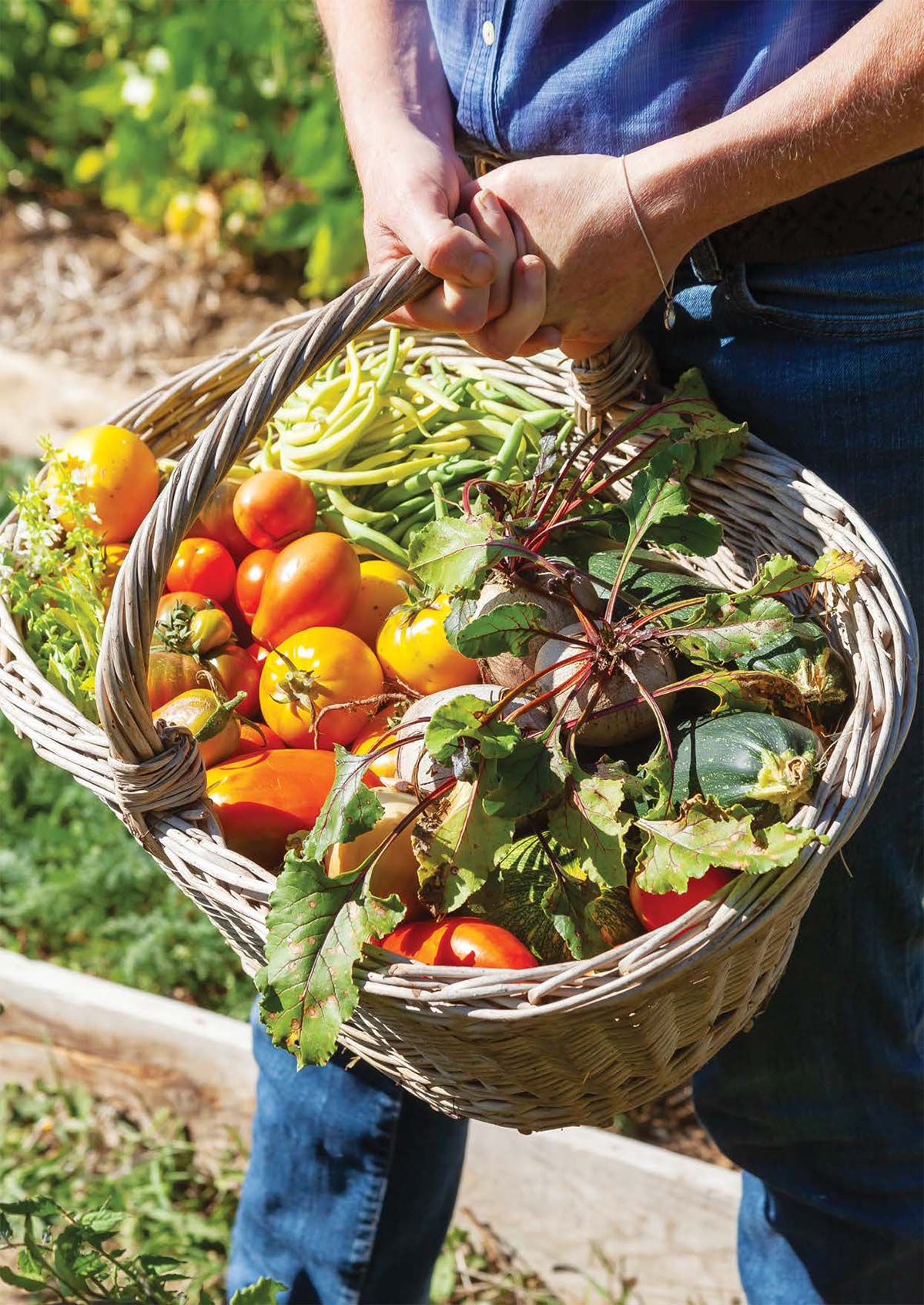
Planning Your Patch: Useful Bounty
With some careful planning, observation and know-how, you can turn your vegie patch into a productive garden capable of feeding your family every night of the week.
We all want to harvest our homegrown vegetables from our backyard, but ensuring you have enough variety, quantity and…
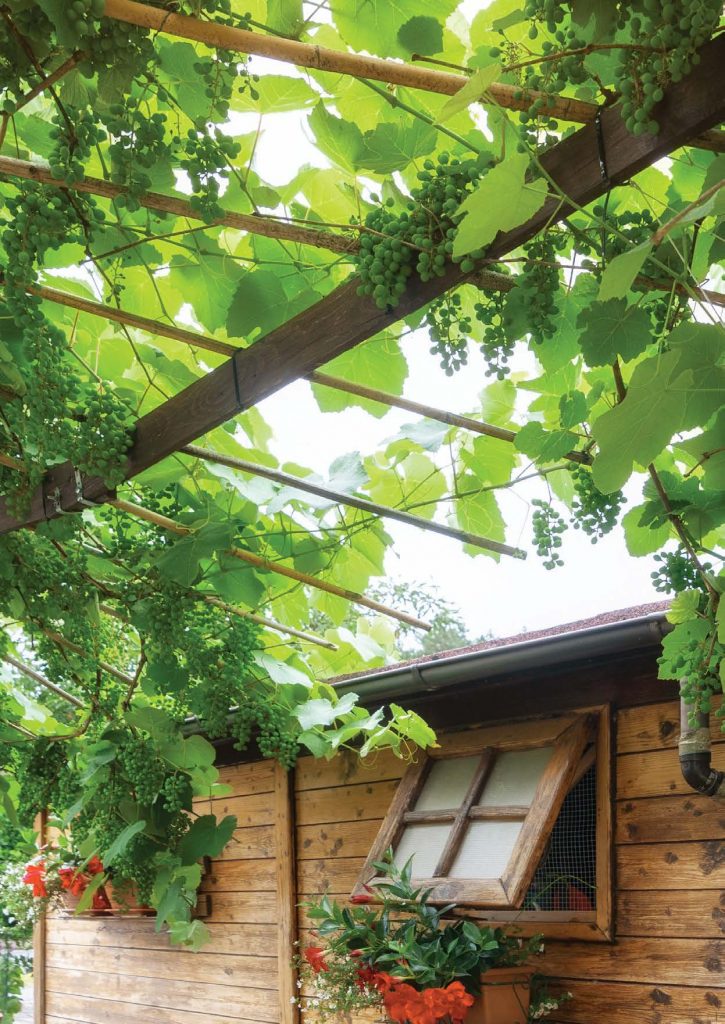
Functional Flavour: Edible Shade
Plants are a brilliant low-cost solution for shading your home, so make the most of it by utilising plants that will also feed you.
Longer days and warmer temperatures may signal a time of growth and abundance in the garden, but they can also mean sweltering…
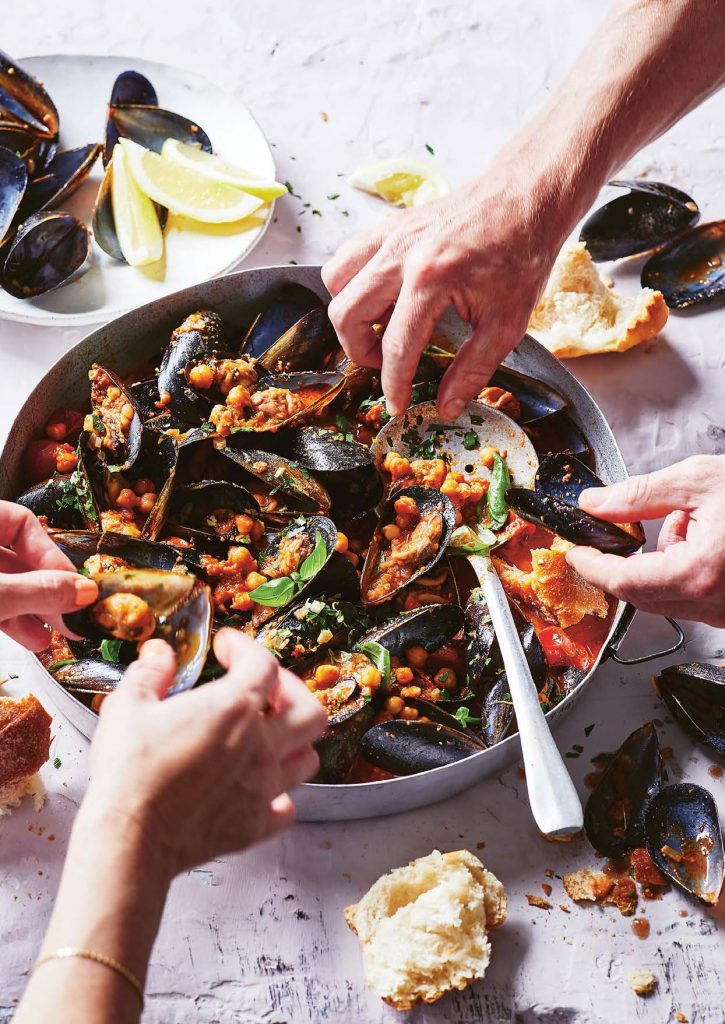
Bivalve Molluscs: Shellfish Solution
Sustainably sourced seafood is hard to find, but the types of shellfish called bivalve molluscs are not only packed full of important nutrients, they’re contributing to the protection and restoration of our precious coastlines.
Seafood is good for us. It’s packed full of protein, vitamins and…
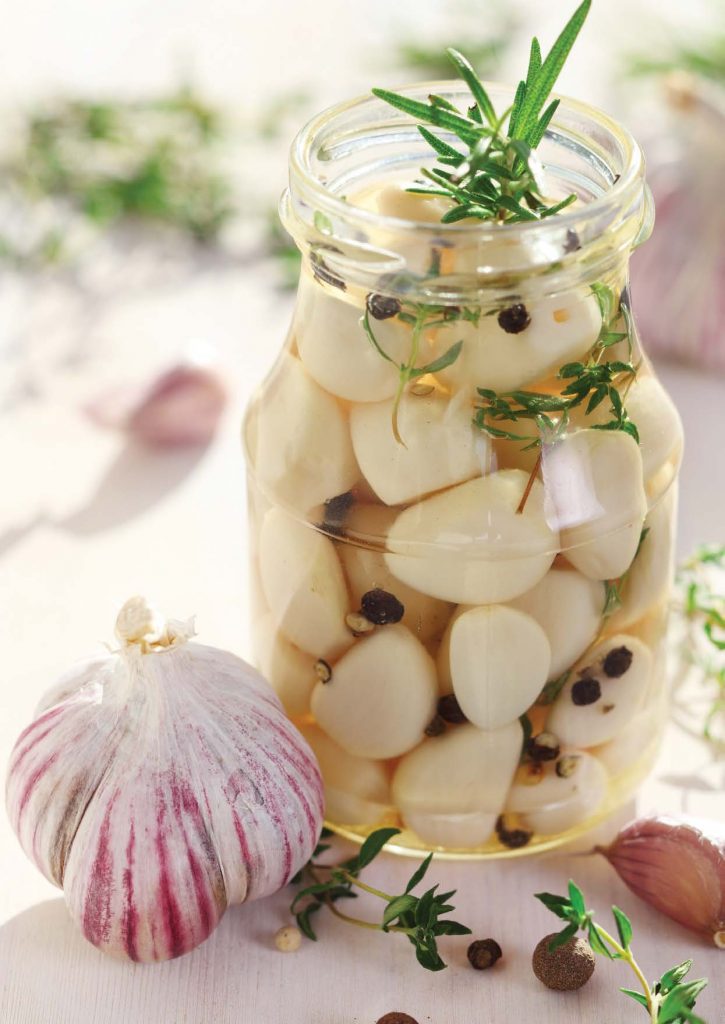
Pickle, Preserve & Ferment: Ways With Garlic
With a relatively long growing season, you want to make sure you get the most out of your garlic harvest before your cloves begin to sprout, indicating it’s time to get them back in the ground.
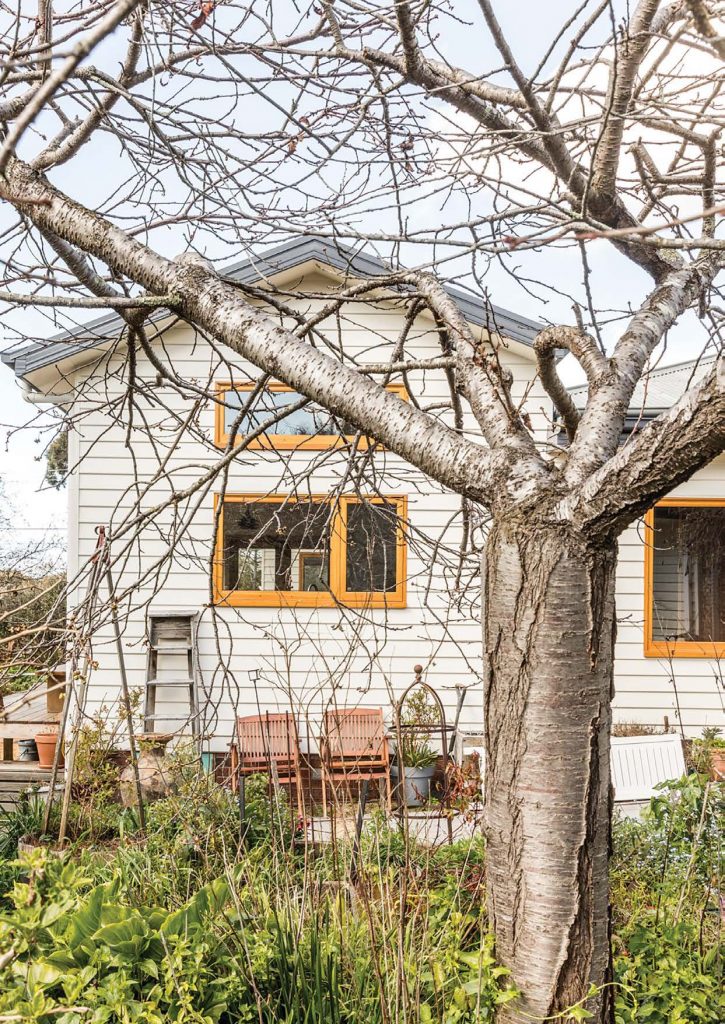
Sustainable Renovation: When Less Is More
This character-filled farmhouse located in southern lutruwita/Tasmania was sustainably renovated to improve circulation and connectivity with the seasons, animals and productive garden space.
When Helen and Ronnie approached Jane Hilliard of Homeful by Designful to renovate their run-down farmhouse, they explained that they were tired of…
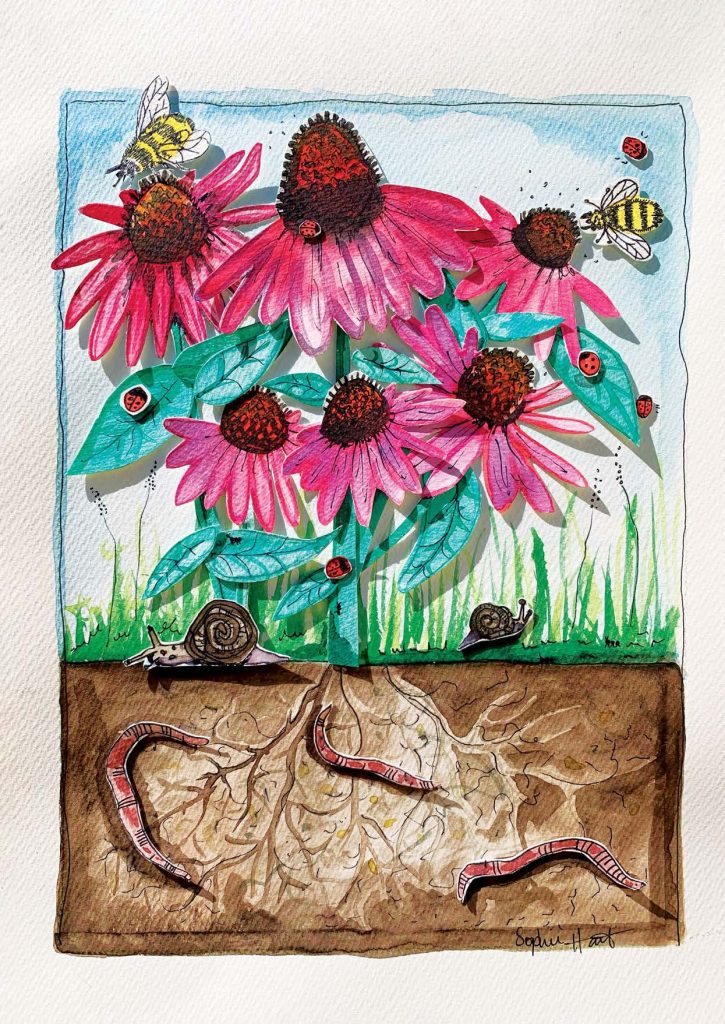
Localisation: Small, Slow And Local
Author, filmmaker and founder of Local Futures Helena Norberg-Hodge explains how adopting an economic strategy based on the wisdom of indigenous cultures and smaller communities could be the answer to human, societal and environmental issues.
‘Buy local’ campaigns have been prolific over the last couple of…

Farm My School: Feeding The Future
Farm My School is an initiative aiming to transform unused land within schools into regenerative market gardens, to grow community, educate youth and produce affordable nutrient-dense food.
Two men with a vision have built a farm at a secondary school in regional Victoria. Created on a…
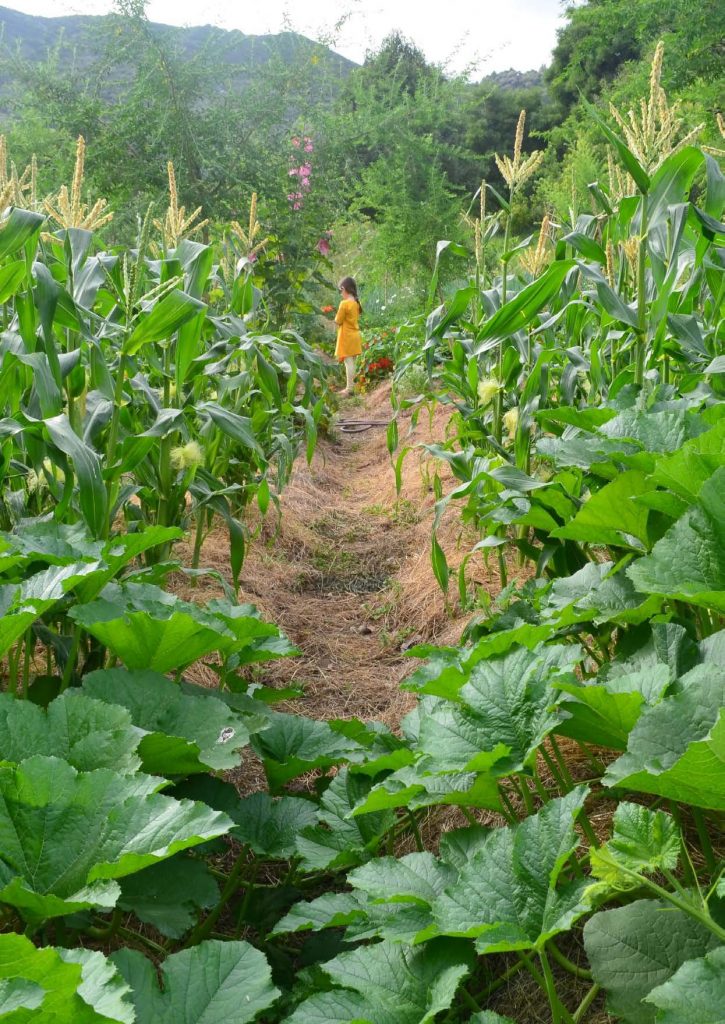
Indigenous Knowledge: Milpa Method
Drawing on the wisdom of Indigenous Americans, the Milpa method of gardening mimics a forest ecosystem to promote fertility and increase resilience.
Adapted from the forest ecosystem by Indigenous Americans over a period of thousands of years, Milpa gardens are an elegant response to the challenges…

Believe & Succeed: A Desert Oasis
In the small Northern Territory town of Mataranka, Yen Nguyen has created a swathe of green among red dust and termite mounds.
Situated on Mangarayi and Yangman country, Mataranka is a town famous for two things: its natural hot springs and the 1908 autobiographical novel We…

Noticeboard
Earth Is Now Our Only Shareholder
The words of founder of Patagonia, Yvon Chouinard, who has donated the outdoor clothing company and its future profits to fighting climate change and improve conservation. Ownership of Patagonia – reportedly worth US$3b (AUD$4.6b) – will be transferred to the…

Pip Picks
KITCHEN GARDEN CALENDAR
An Australian gardener’s guide to planning, planting and producing. The calendar features stunning photography of fresh garden produce that will inspire you to grow your own food, and with recipes from the likes of Matt Wilkinson, Paul West, Fiona Hammond, Jade Miles and…

International Projects
Byther Farm is a small permaculture farm set up as a space to educate and inspire people to grow food simply, naturally and affordably. Located in the hills of Carmarthenshire in west Wales, it’s the work of best-selling permaculture author Liz Zorab and her husband,…
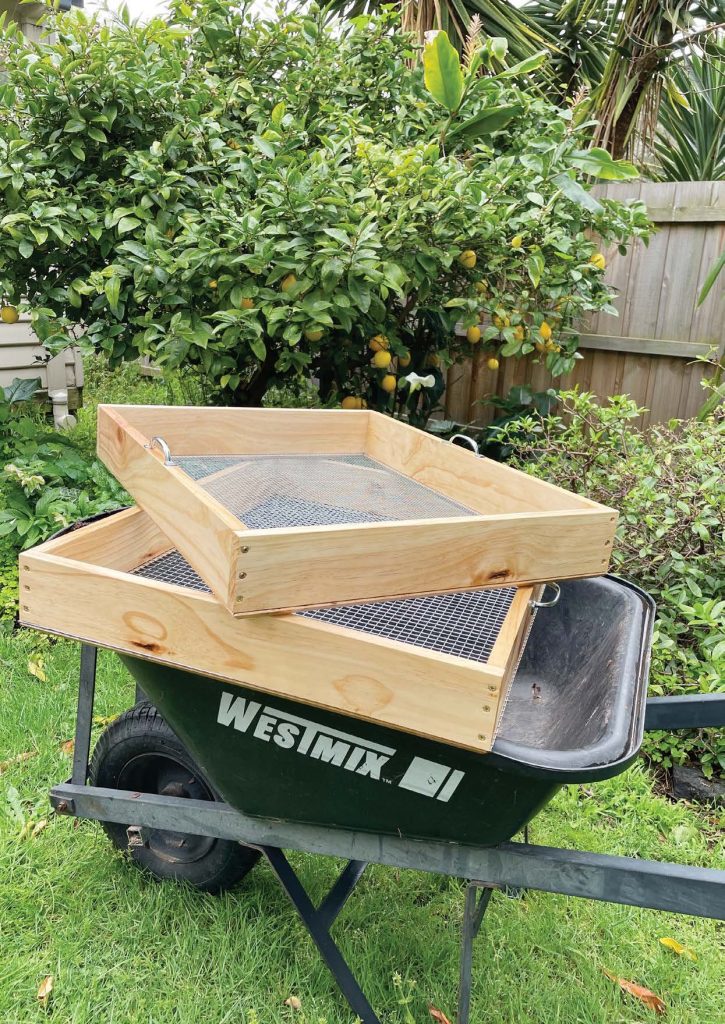
DIY Compost and seed sieve
An over-barrow garden sieve can up your food-growing game. As well as helping you make low-cost and nutritious seed-raising mix, it can also make the time- consuming bits of seed saving a cinch. And best of all, they’re simple to make yourself.
A sieve is one…
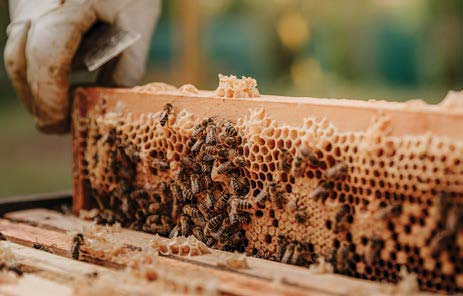
Five Of A Kind: Homegrown Sugars
‘Quitting sugar’ might be the latest in a long line of food fads, but not everyone’s crazy about it. Australians are, of course, as a society eating far too much of it, but this is not a reason to make sugar another enemy in an…

Brains Trust: Raising Seeds
RAISING SEEDS
What’s the best medium to raise seeds in?
Seed-raising mix is a bit of a misnomer. While it’s light and friable and easy for germinating seeds to push through, it doesn’t contain the nutrients required to grow healthy seedlings. A seed holds enough stored energy…

Letters To The Editor
Potted pleasures
Thank you for the article on how to make newspaper seedling pots – a great little project! I can’t wait to use all those wasted newspapers in my garden this year. I just wish the video was a bit slower – every time I…

Permaculture Plant: White ginger
This versatile perennial herb from the Zingiberaceae family has many uses – but beware its weedy potential.
Botanically Heychium coranarium, white ginger is also known as Cuban ginger and is the national flower of that country. During Spanish colonial times, women would hide messages for members…
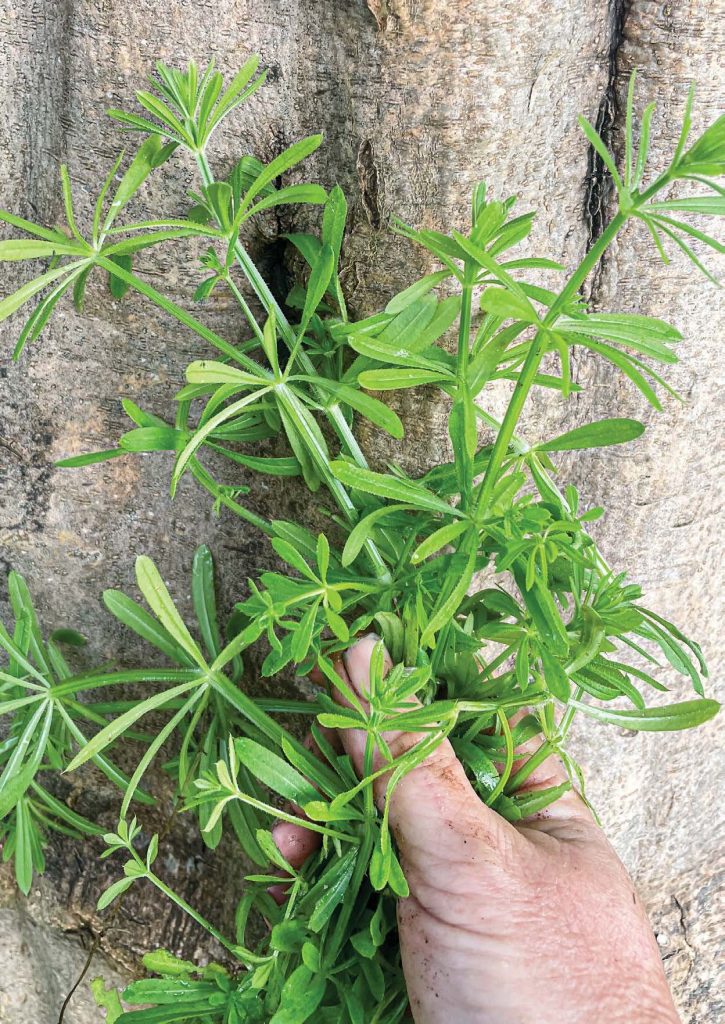
Urban Foraging: Cleavers
As suggested by the name cleavers, meaning to ‘cleave’ or stick together – all parts of this distinctive looking and edible plant will attach itself to nearly anything that brushes past it.
Cleavers (Galium aparine) is a member of the Rubiaceae family which originated from Europe…
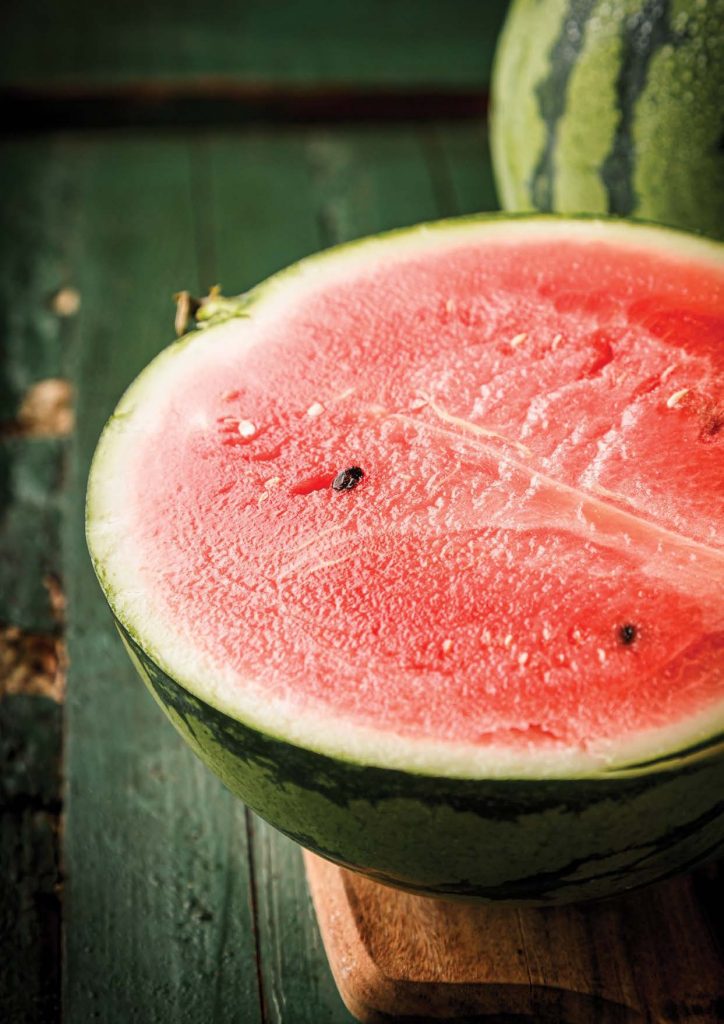
Save Your Seeds: Watermelon
Citrullus lanatus – in Latin, citrullus is the diminutive of citrus and lana means wool, referring to the fuzziness of the young fruit.
Origin
Nineteenth-century explorer Dr David Livingstone found large patches of watermelon growing in central Africa. They are cultivated as well as found in a…

What To Do In The Garden: November – February
Seasonal garden guides for Australian climates
Moon planting
The moon’s phases and its associated gravitational pull has a significant effect on the behaviour of tidal oceans, so it’s easy to understand how the moon can have a similar effect on the moisture in our soils and plants….
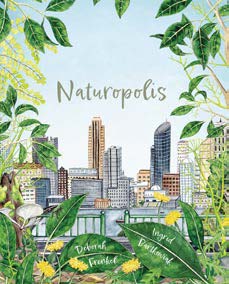
Kid’s Patch: Create, find, learn & laugh
We love seeing what kids are growing with their families in their gardens, so snap and email us an image of what you’re harvesting at the moment. Send the photo to editorial@pipmagazine.com.au – and you might even pick up this snazzy prize! This issue’s winners…
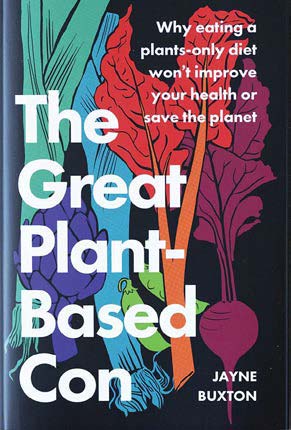
Look and Listen: Book and Film Reviews
Almost every day we hear a call for us to reduce our consumption of meat and dairy, with the long-term goal for many being the widespread conversion to a vegan lifestyle. ‘Plant-based’ has become a term so worthy and ubiquitous that many people have forgotten…

TRIED & TRUE – Product tests
We all know the experience of being out and needing coffee, and realising you don’t have a cup on you.
But with everything else in your bag, it isn’t always practical to be carrying around a cup, not when you’re already carrying a drink bottle and…

Ethical Marketplace
Pip partners with brands who align with its values. Ethical companies producing good- quality products that don’t harm the planet, instead aiming to improve it. Browse more ethical companies you can choose to support at www.pipmagazine.com.au
<!– wp:heading…
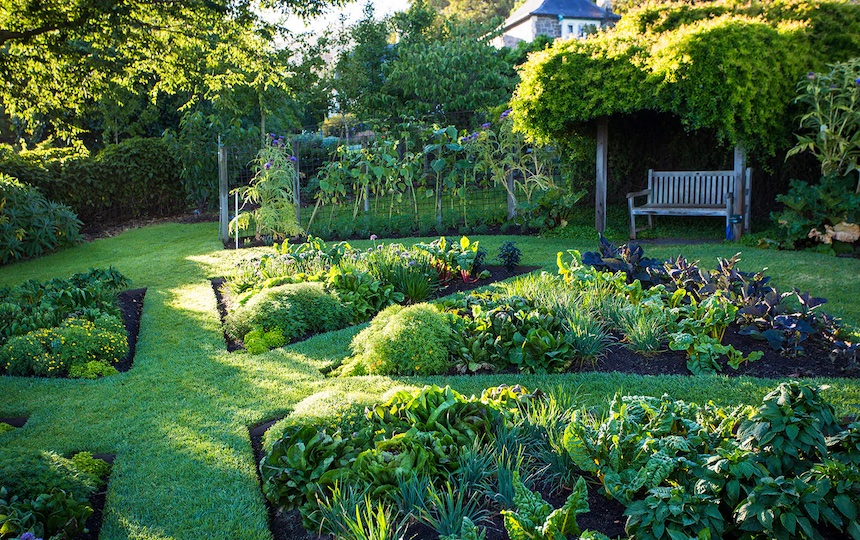
Pip partner: Diggers Club
THE DIGGERS CLUB
Founded in 1978 by Clive and Penny Blazey, The Diggers Club believes gardeners are the secret weapon in combating climate change.
Whether it has been championing heirloom vegetable and flower seeds in the face of corporatisation, planting water- saving gardens or preserving historic homes…

